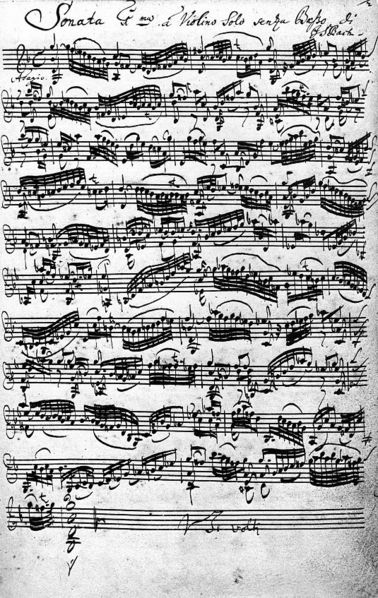
In response to the question of vocational formation/next steps offered by Kate Peterson in PhD or No PhD. That is the Question. (ESN Blog. 5/1/2013), Benjamin Shute offers a four part series with insights on Should I Get a Degree in Music? I pray that those considering/pressing on with studies in music will give this attention. Furthermore if you have friends in music who will find the series of benefit, please “share the wealth.” To God be the glory! ~ Thomas B. Grosh IV, Editor.
—————
When it comes to making a decision of any kind, there is a three-fold pattern we would do well to follow. First and most important is to pray: adore God for His sovereignty and faithfulness and, in that assurance, ask for His guidance in your decision. Second, be open to the possibility of a “burning bush,” an extraordinary sign that God is calling you to do something that might seem counterintuitive by human standards (something like, say, returning to a powerful nation where you’re wanted for murder in order to single-handedly strip that nation of the slave labor on which it thrives’). Be ready to step out in faith if you receive such a call. But third, be aware that “burning bushes,” while I think they do happen, are rare. Don’t go looking under every rock for something you can interpret as a “sign”– that’s a sure-fire way to make a mess! God is powerful enough that if he wants to give you a message, you’ll get it. But in the absence of a “burning bush,” ask God for wisdom to make a choice that will bring glory to Him. So it is from the perspective of pursuing wisdom that I will turn to our question of whether to get a music degree.
This decision is situated against a contrapuntal backdrop. On the one hand, music is a wonderful gift from God, and as such, acquiring skill in music (or the arts or academics in general) has value in and of itself. That is why Christians don’t take a merely utilitarian stance toward education: it has value beyond merely getting me a money-making job; education cultivates the humanity God has given us, which is an inherently good thing.
The counterpoint to this is the practical reality of surviving in the “real world.” If you expect needing to work for a living, then unless you are intent on (and reasonably capable of) getting a career that doesn’t require a college degree, it’s sensible to take a degree that will help you become established in the professional world. Especially if you are looking to take only one degree with one major, I would recommend only taking a music degree/major if you reasonably see yourself thriving professionally as a musician or as a practitioner in a related field where a music degree is seen as especially valuable (e.g. music therapy or arts administration).
But how do you know whether it is realistic to see yourself thriving professionally in music or a closely related field?
Know your options
First, it is important to bear in mind that, though there are a number of occupations you could have within the broader field of music, you may not be equally suited to all of them. What that means is that it’s important to consider each possibility individually to see which, if any, might be desirable and feasible. In my view, it is ill-advised to get a music degree merely because you like music and then simply to assume that your career path will automatically fall into place. Before deciding to pursue a degree in music, you should have a fairly good idea of precisely what area(s) you could reasonably see yourself succeeding in. Let me clarify that you don’t need to have doggedly fastened on one (or several) of these potential occupations before entering especially an undergraduate music program: but you should have a decent idea of whether you could thrive in one or more of them specifically. In the posts that follow, we’ll examine a few of these in more detail to help you decide if any of them might be right for you.
Benjamin Shute is Visiting Assistant Professor of Violin at Dickinson College. A native of Wilmington, Delaware, he studied at the New England Conservatory (Boston) and the Hochschule für Musik Freiburg (Germany). He enjoys sharing the echoes of the gospel in music in a variety of settings, performing frequently as recitalist and chamber musician, serving periodically as concertmaster of the Boston Chamber Orchestra, and teaching at the Csehy Summer School of Music and other festivals in Europe and Asia. He is a regular contributor to the Center for Gospel Culture.

Nice post. I like it. This is useful for me.